In a dramatic turn of events, a Tanzanian court has declared that a couple married for seven years, identified as Musa and Hollo Shija, are in fact biological siblings.
Their marriage, which began in 2018 and produced a child, now faces annulment alongside criminal consequences for incest. The revelation came after DNA tests and multiple witness testimonies confirmed a 99.9% genetic match, establishing that the pair shared both father and mother.
The ruling has rippled across East Africa, raising urgent questions about pedigree verification, marital laws, and the welfare of their child.
From Bliss to Legal Nightmare.
Musa (32) and Hollo (36) had lived under the guise of a normal union for years. They were revered in their community as a farming couple raising a son, unaware—or choosing not to question—the biological ties that would later unravel their lives. The case surfaced when neighbors became suspicious. Following a legal petition, prosecutors undertook DNA sampling and summoned 11 witnesses whose testimonies, combined with genetic results, led to the court’s shocking declaration.
Their defense has been marked by denials. Musa claims he paid a dowry of TZS 300,000 to Hollo’s grandmother and insists the marriage was legitimate. Hollo contended that the man recognized as their father was merely a neighbor, not the biological parent.
Legal Fallout: Sentences, Retrial, and Annulment.
Under Tanzanian law, marrying a sibling is punishable by 20 to 30 years in prison. In initial hearings, Musa was sentenced to 20 years and Hollo to 30 years for incest. But both have appealed, securing a retrial at Maswa District Court.
The high court’s decision has also paved the way for automatic annulment of the marriage, effectively rendering it void from its inception. Their child’s legal status and inheritance rights are now uncertain.
Regional Shock, Legal Precedent, Moral Debate.
This case reverberates far beyond Tanzania:Legal alarms: Other longstanding marriages may now be subjected to genetic scrutiny, especially in cases of hidden parentage or adoption.Customs vs. code: The case spotlights tensions between traditional practices and modern marital law.
Child welfare crisis: The child’s lineage, custody, and rights may become contested once the legal dust settles.Moral questions: How many couples could unknowingly be biologically related in regions with weak birth records or displaced families?
Observers warn this ruling may embolden courts to actively pursue hidden incest cases, particularly where DNA testing is accessible.






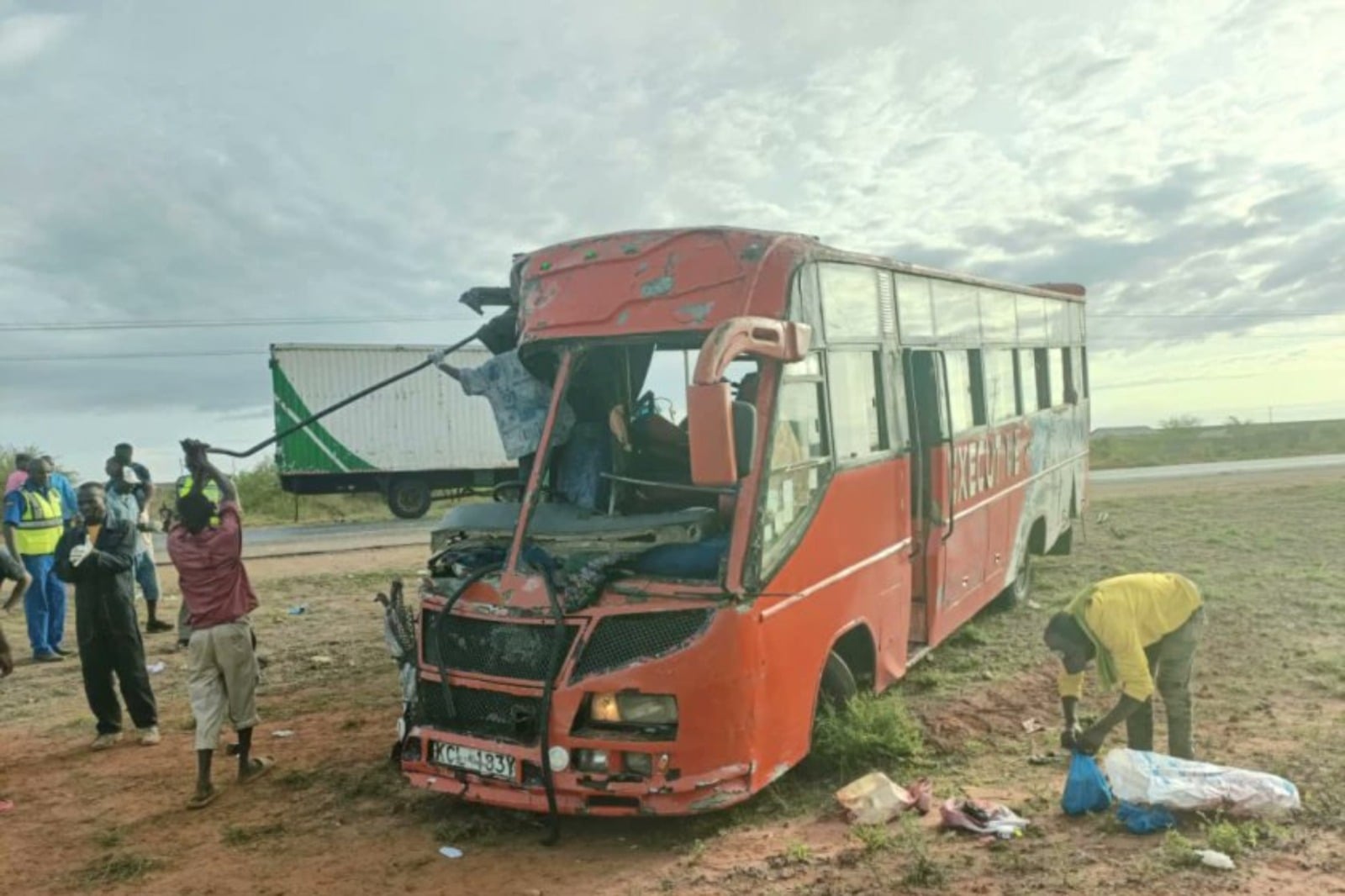
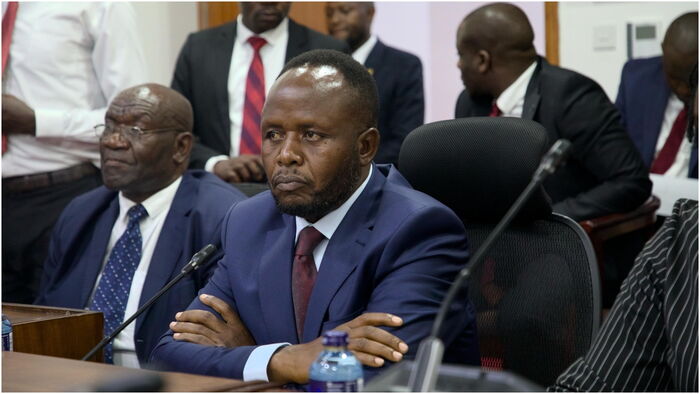
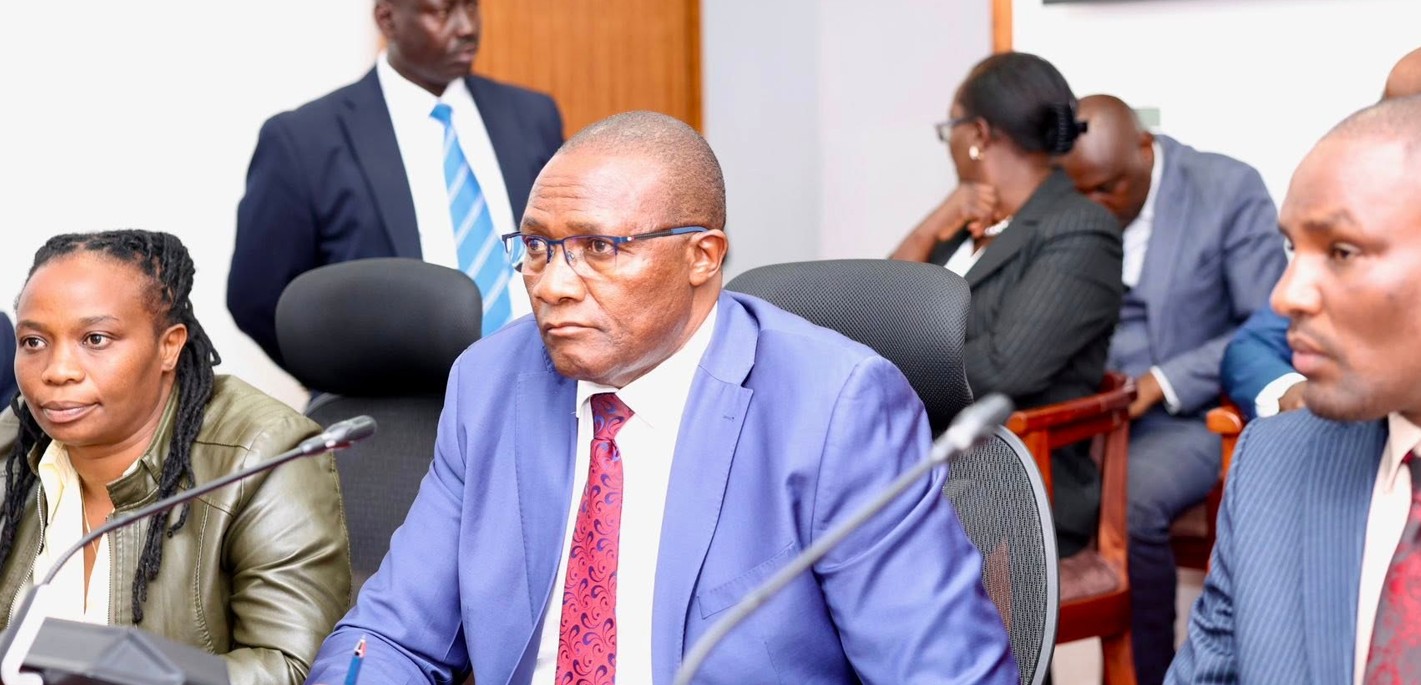

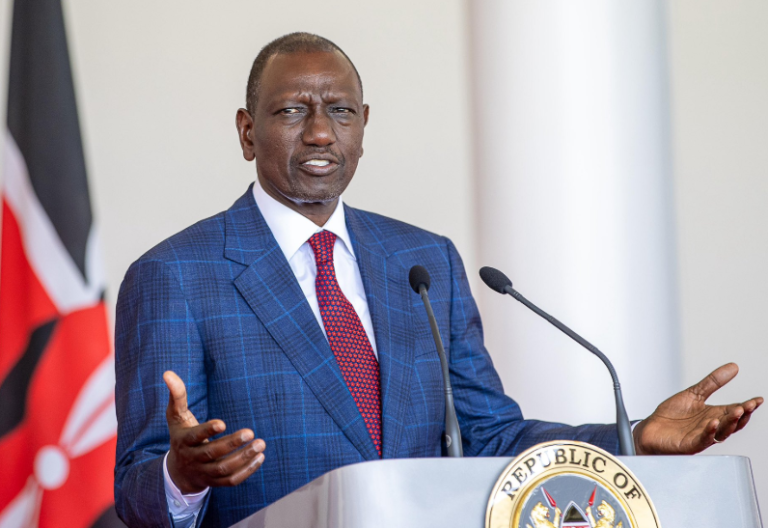

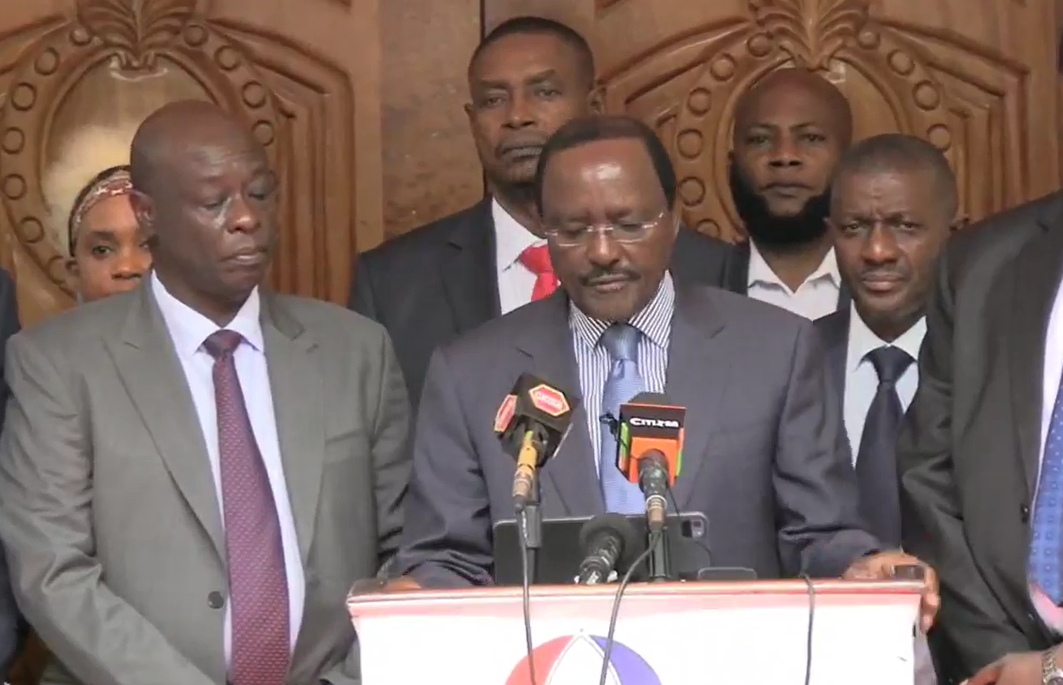
Leave a Reply